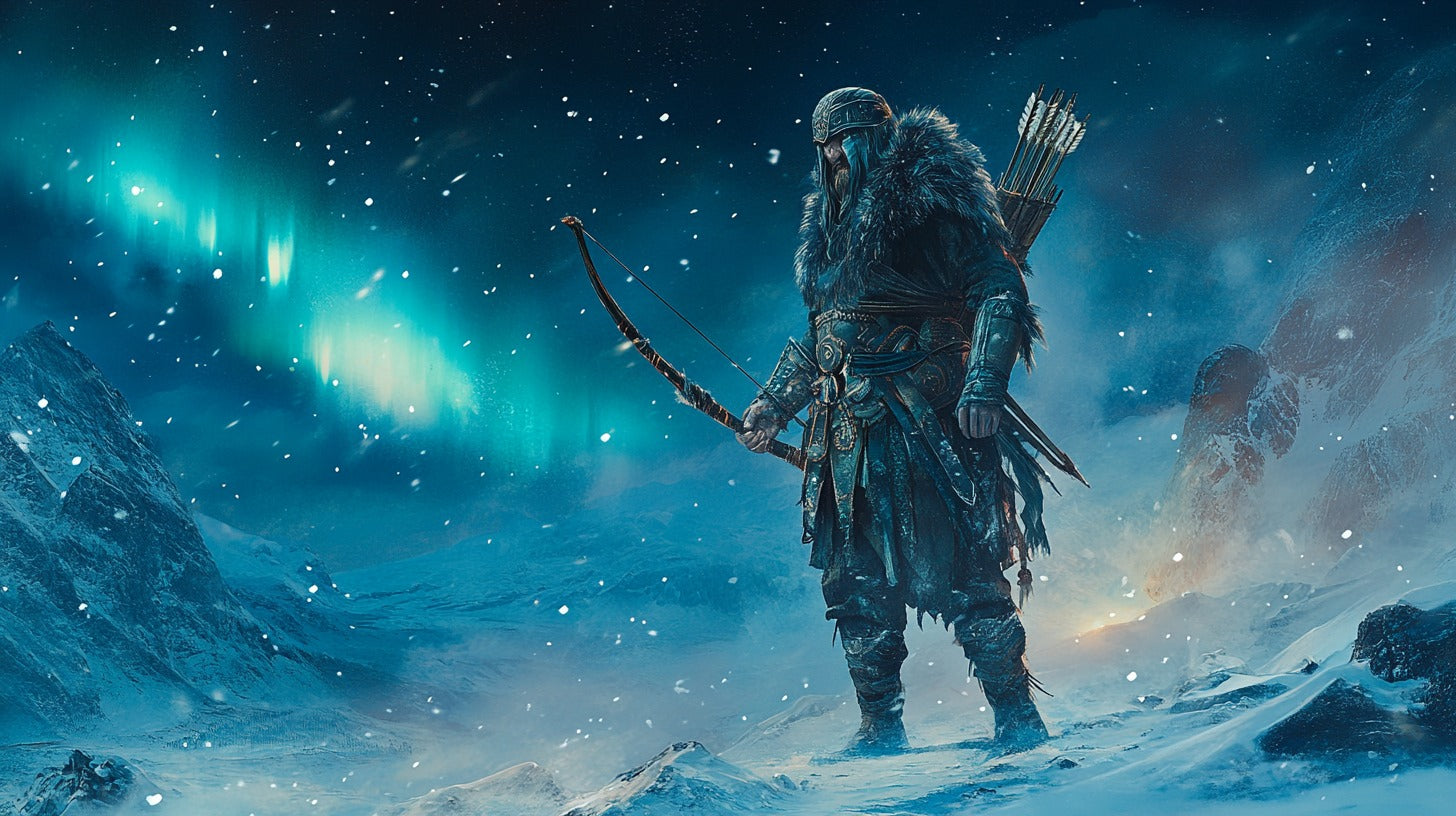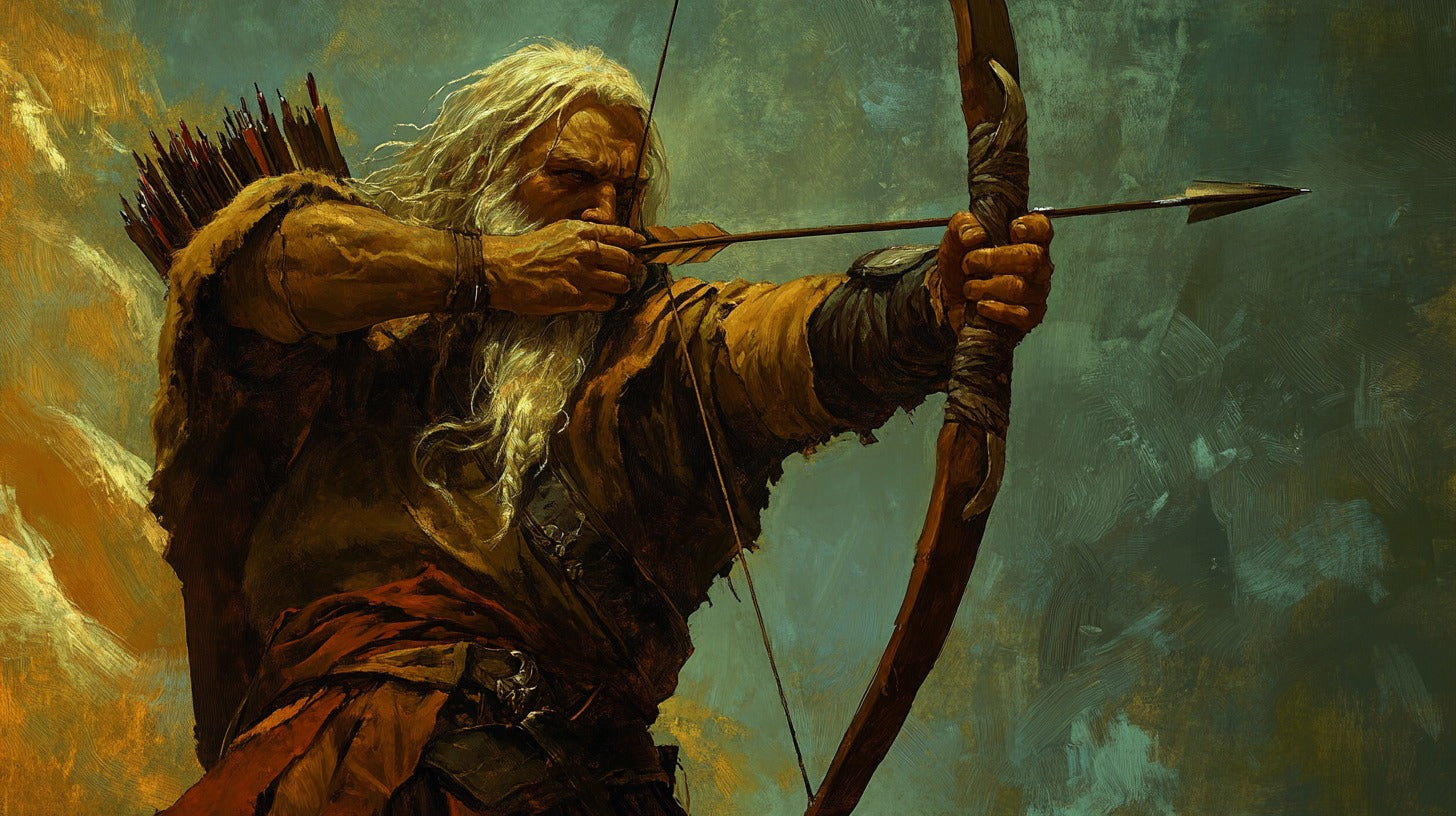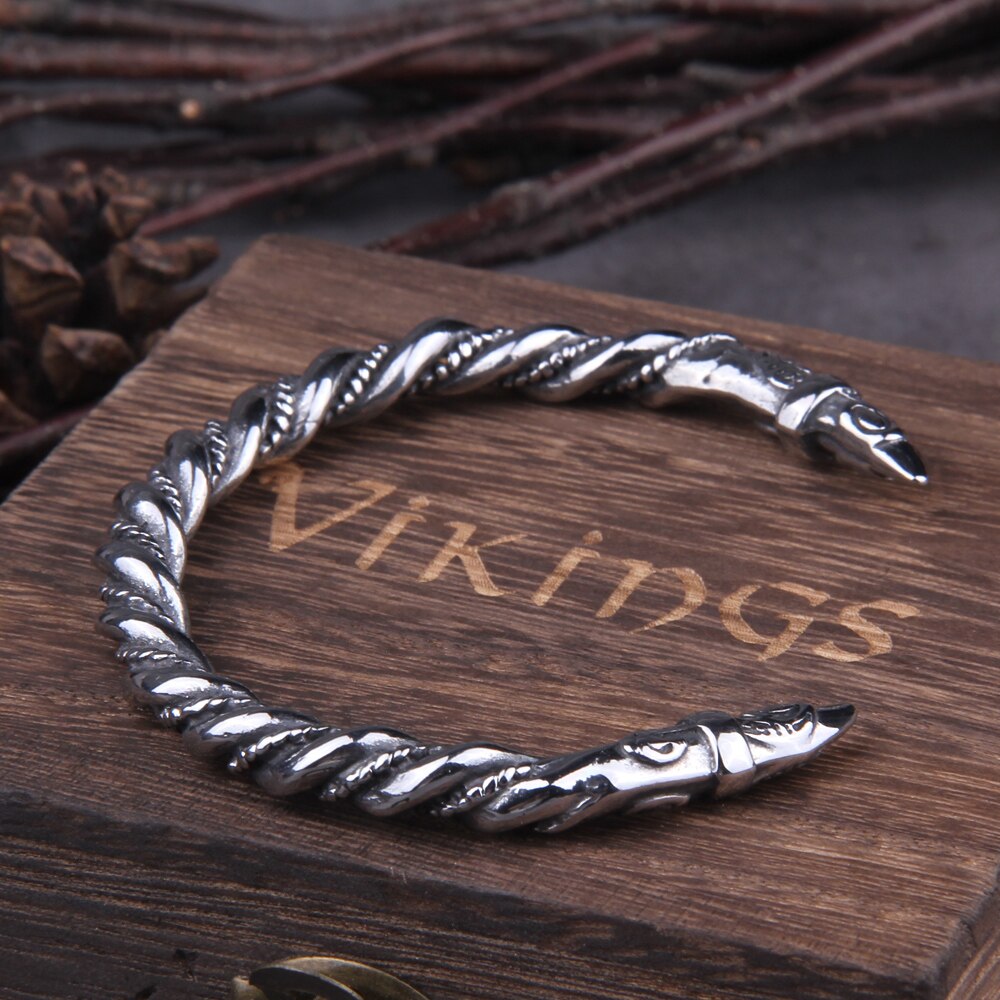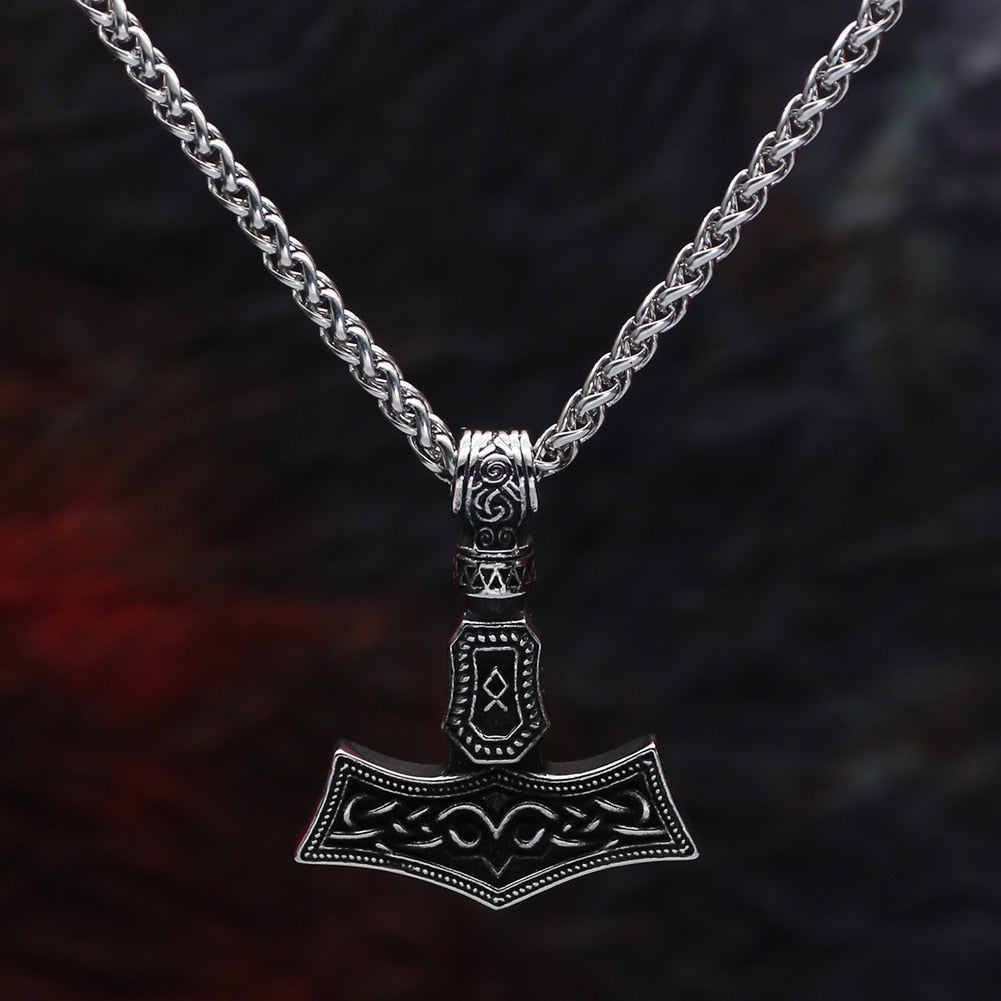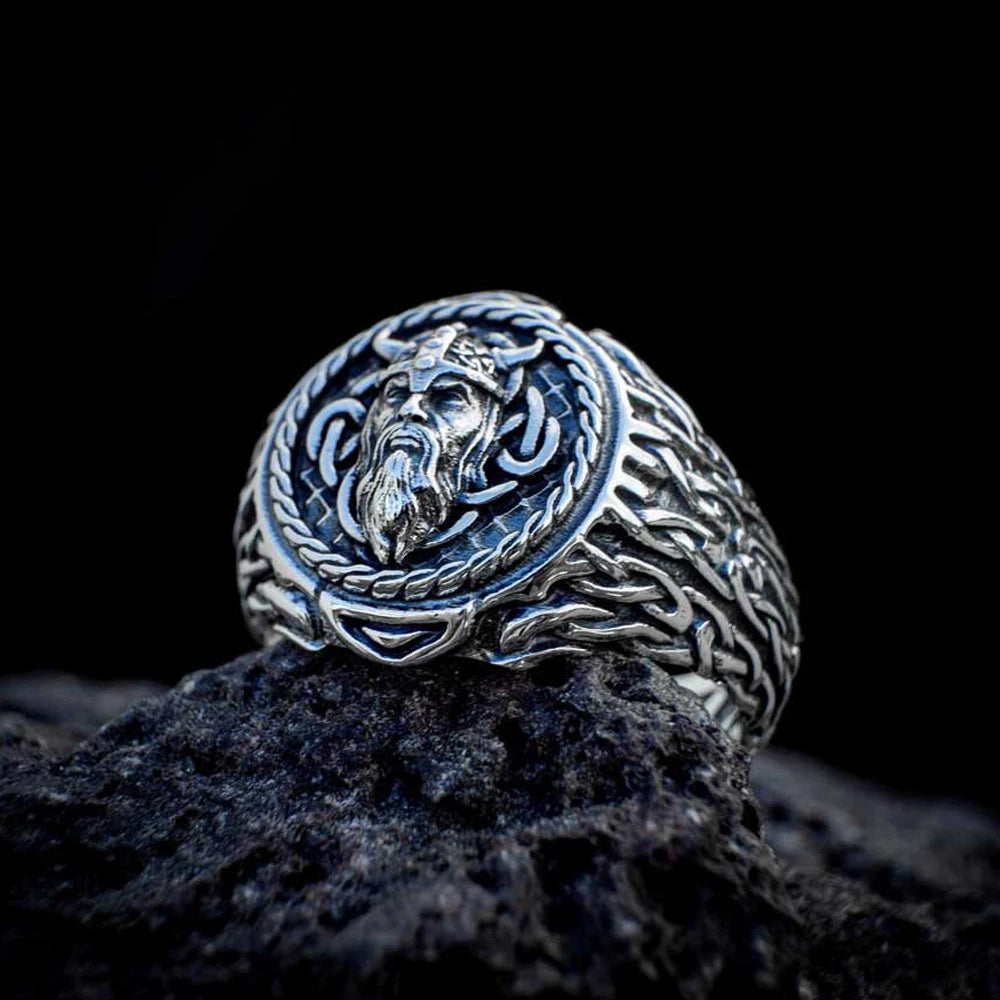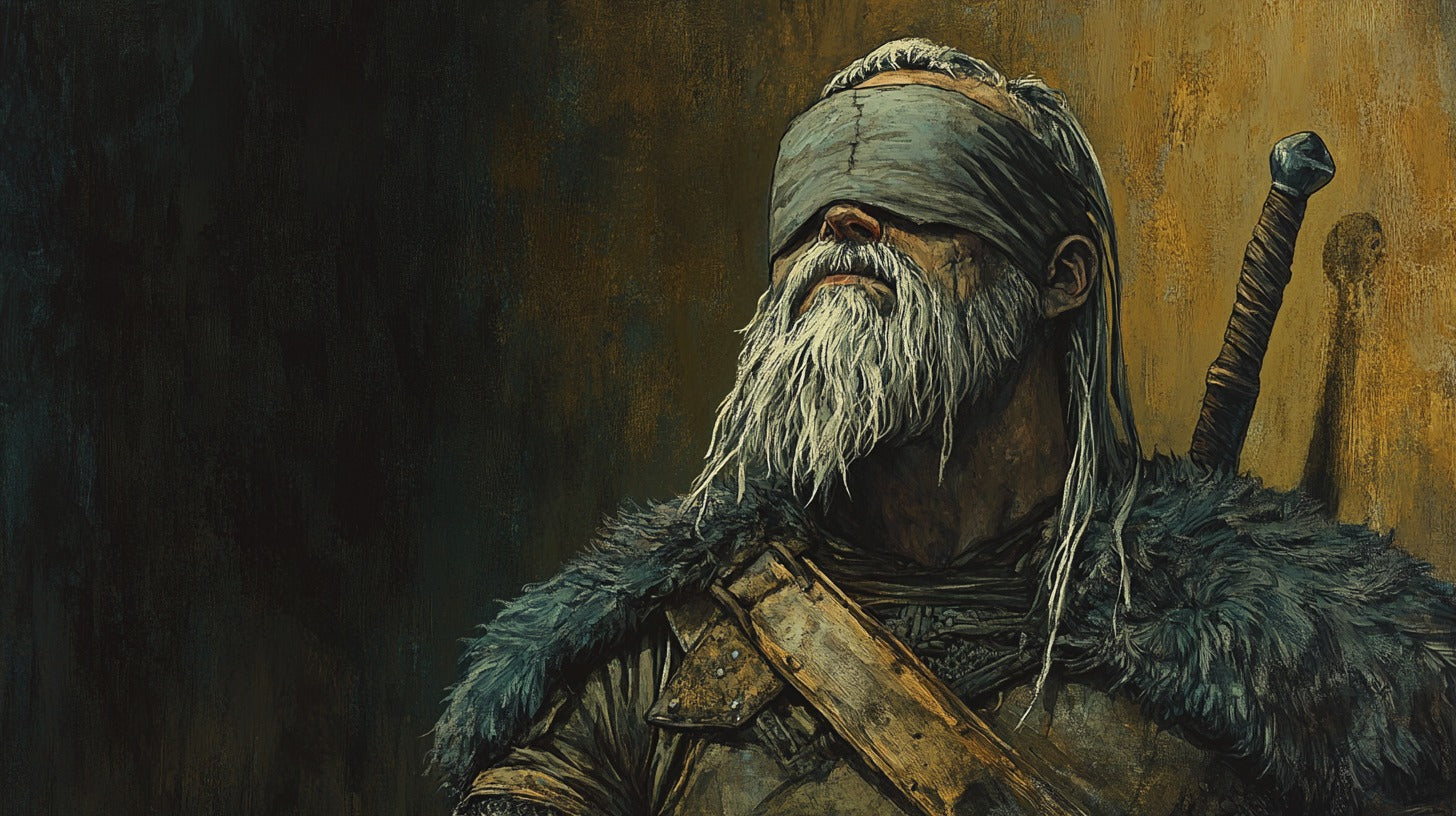
The Blind God Höðr and His Role in Norse Mythology
Höðr, a god from Norse mythology, occupies a unique position in the mythological narratives of the Æsir pantheon. Best known for his unwitting role in the death of Baldr, his story is one of tragedy, manipulation, and the inexorable march of fate. This article explores Höðr’s origins, his role in Norse myths, and his legacy in modern interpretations.
Origins, Mythological Context, The Æsir Pantheon

Triquetra Algiz Mjölnir Thor's Hammer Amulets
Höðr is one of the lesser-known gods in the Æsir pantheon, which includes figures like Odin, Thor, and Freyja. Unlike his more celebrated counterparts, Höðr’s characterization is shrouded in ambiguity. Described as blind, he represents a stark contrast to the gods who are often associated with physical prowess or wisdom.
Höðr’s most significant connection is with Baldr, the beloved god of light and purity. As brothers, their bond is central to one of the most tragic tales in Norse mythology. However, Höðr’s relationship with the other gods remains peripheral, with his primary narrative confined to the events surrounding Baldr’s death.
Loki and Höðr's Role in Baldr’s Death
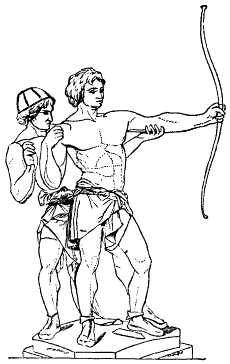
Loki tricks Höðr into shooting Baldr
The tale of Höðr is intricately tied to Loki, the trickster god. After the Æsir devised a game where all objects harmlessly struck Baldr, Loki discovered that mistletoe had not been included in the oaths taken to protect him. Crafting an arrow or spear from mistletoe, Loki approached Höðr, who was unable to participate in the game due to his blindness.
Loki manipulated Höðr into throwing the mistletoe weapon at Baldr, which struck and killed him. Höðr, unaware of Loki’s deception, became the unwitting instrument of his brother’s demise. This act catalyzed the sequence of events leading to Ragnarok, the prophesied end of the gods.
Consequences of Baldr’s Death
Baldr’s death plunged the Æsir into mourning and led to retribution against Höðr. In some accounts, Vali, another son of Odin, avenged Baldr’s death by slaying Höðr. The story underscores themes of fate and the inevitable consequences of actions, even those performed in ignorance.
Höðr in Poetic and Prose Edda

Jelling Art Odin Allfather Amulet
The Poetic Edda and Prose Edda provide differing accounts of Höðr’s role and character. While the Poetic Edda offers a brief mention, Snorri Sturluson’s Prose Edda expands on the narrative, highlighting Loki’s role in Höðr’s actions and framing him as a tragic figure.
Snorri’s interpretation of Höðr reflects his broader effort to compile and organize Norse myths. His portrayal emphasizes the inevitability of fate and the complex interplay of agency and manipulation among the gods.
Symbolism, Interpretations, Parallels

Hotherus, a hero from Saxo Grammaticus' Gesta Danorum, parallels the Norse god Höðr from mythology. While Höðr is known for accidentally slaying Baldr under Loki's manipulation, Saxo's Hotherus is depicted as a mortal warrior in conflict with Balderus over a maiden's love, presenting a humanized reinterpretation of the myth. (Illustration: Lorenz Frølich)
Höðr’s story is often interpreted as a cautionary tale about the fragility of trust and the consequences of manipulation. His blindness symbolizes vulnerability and the limits of perception, both literal and metaphorical.
Höðr’s narrative draws comparisons to other tragic figures in mythology, such as Oedipus in Greek mythology, who also becomes an unwitting agent of catastrophe. These parallels highlight the universal themes of fate and tragic inevitability.
While less prominent than figures like Odin or Thor, Höðr appears in modern retellings of Norse myths. His story has been explored in literature, comics, and video games, often emphasizing his tragic role in Baldr’s death.
Scholars have debated Höðr’s symbolic significance, exploring themes of agency, fate, and the cultural context of blindness in Norse society. His story is a rich subject for interpreting Norse mythology’s worldview.
Höðr, the blind god of Norse mythology, is a figure defined by tragedy and manipulation. His role in the death of Baldr serves as a poignant reminder of the inexorable power of fate and the devastating consequences of deception. Höðr’s story endures as a testament to the complexity of Norse mythology and its enduring appeal in understanding human nature and the divine.
Frequently Asked Questions (FAQs)
- What is Höðr known for in Norse mythology?
Höðr is primarily known for his unwitting role in the death of his brother Baldr, caused by Loki’s manipulation.
- Why was Höðr blind?
Höðr’s blindness is a defining trait in Norse mythology, symbolizing vulnerability and the limits of perception.
- Who avenged Baldr’s death by killing Höðr?
Vali, another son of Odin, avenged Baldr’s death by slaying Höðr.
- What does Höðr represent in Norse mythology?
Höðr represents themes of innocence, manipulation, and the tragic consequences of fate.
- Is Höðr mentioned in modern retellings of Norse myths?
Yes, Höðr appears in various modern adaptations, including literature, comics, and video games.
References
Sturluson, Snorri. The Prose Edda.
Larrington, Carolyne. The Poetic Edda. Oxford University Press, 2014.
Orchard, Andy. Dictionary of Norse Myth and Legend. Cassell, 1997.
Simek, Rudolf. Dictionary of Northern Mythology. D.S. Brewer, 2007.
Davidson, H.R. Ellis. Gods and Myths of Northern Europe. Penguin Books, 1990.
